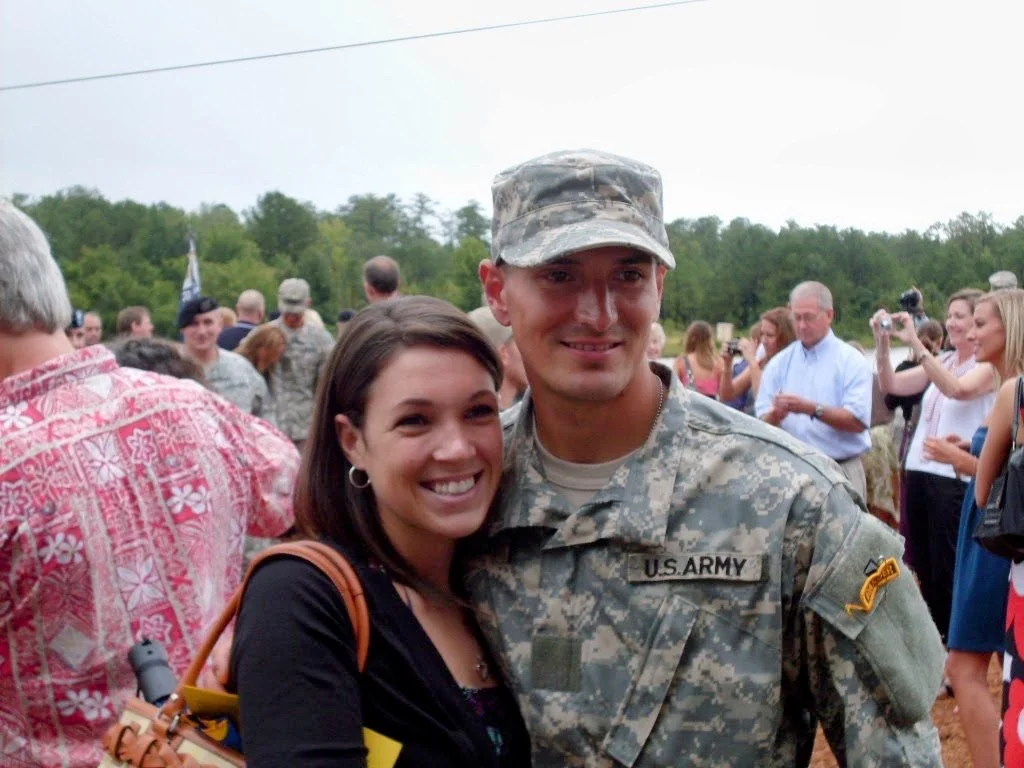Peer Evaluations: an organization necessity, and the most honest assessment you’ll ever get
I must have read a dozen books in my preparation for Army Ranger School 15 years ago. I prepared myself physically, mentally, and was ready to test my tactical abilities leading patrols. Although, I soon discovered that there was no way to prepare for the food and sleep deprivation. Pushing yourself through that type of discomfort comes from within. Willing yourself to be a good teammate when you’re exhausted, and withered down to skin and bones is a sheer gut check..
One of the great aspects about Ranger School is that each phase ends with your peers evaluating you. They evaluate your tactical proficiency, your leadership capabilities, and how good of a teammate you were during that phase. Students that are scored low by their peers, run the risk of being recycled or dropped from the course. I value this part of the school because it ensures that only the best graduate, and only those with unwavering integrity earn the honor of wearing the Ranger tab. Every student is held accountable by their peers, fostering a healthy culture. Lastly, your peers offer a different perspective when evaluating you. They often spend more time with you than supervisors or direct reports, offering a more honest assessment. It’s one of the many reasons why having a Ranger tab in the military community earns you “instant credibility.”
Integrity:
The credibility earned by graduating from this school is because of your proven integrity to do what’s right, ALWAYS. At Ranger School, it’s not just the Ranger Instructors (RI) that are watching and grading you, your peers who you spend 100% of your time with also have a chance to assess you. You are always being evaluated, even when you think no one is watching. Your team’s success in it of itself is an integrity check on what you were doing when no one is watching.
Fosters a healthy culture:
It doesn’t matter how tired, hungry, wet, or how much pain your in, your peers have a vote on your course progression. Your peers know how many times you’ve volunteered to carry extra ammunition, or collected canteens to refill water at a near by stream. They know if you fell asleep during a security shift at 0330, and how many times you offered to carry the 27 lbs 240B. Your peers see your effort, when the RIs are not present. This creates an environment where everyone has shared and equal responsibilities, every teammate must pull their weight, or they’ll be weeded out during peer evaluations. I’ve also learned that the harder you work for your peers, the harder your peers will work for you, fostering a healthy culture based on trust.
Honest assessment:
No one feels the pain more than your peers, when you haven’t been pulling your weight. When you fail to give 100%, someone else has to make up the difference for the team to succeed. When this becomes a habit and your lack of effort becomes a consistency, peer resentment begins. Your peers often see a different side of you than your supervisors, and direct reports. They often see you when your most vulnerable, and aren’t being observed by those responsible for your employment. Peer evaluations offer you an assessment on how well you performed as a team player. As a leader, understanding how my peers see me is critical, because it’s a reflection of how well I work with others, and is probably the most honest and accurate perception of my work ethic.
Ranger School offered me insight on how well teams perform when peer evaluations are implemented in organizations. Individual integrity is at its highest because you’re constantly being observed. A healthy culture is fostered because those that don’t share responsibilities and put in equal effort are held accountable. Feedback on your performance is a brutally honest assessment because your peers observe your work ethic, and competence through a different lens. Organizations that implement peer evaluations ensure all of their employees shoulder more than their share of the task whatever it may be, one-hundred percent and then some.
Head up, Back straight, Stay sharp.
Class 08-09, Ranger School graduation





